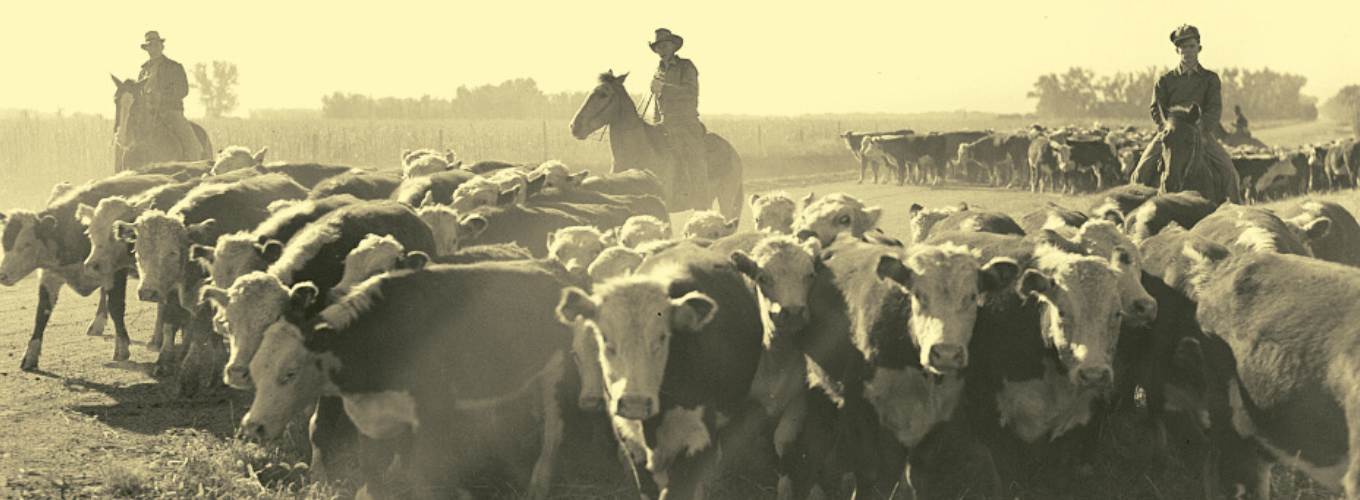Top 25 Reasons to Be a Cowboy | #4: The Myth
The idea that within the cowboy icon there exists myth rubs modern-day punchers the wrong way. To suggest that there is falsehood surrounding our chosen profession in the form of myths is understandably offensive.
However, I believe there is unquestionably a strong cowboy mythology and hope to—in 400 words or so—argue that it’s not necessarily a bad thing.
First, I’ll suggest that a myth is not an absolute lie, but instead an amalgamation of ideas around a piece of culture that is not always accurate. The cowboy myth, I believe, was developed and propagated by the early Hollywood and dime novel industries. They took a new character in history and molded him in this emerging media into a courageous individualist who stood up for good, loved his horse, could shoot straight, packed a guitar, and could sing like an angel.
Now, anyone who knows anything about the early trail drive cowboys understands the truth is less clear. The earliest cowboys were poor—so poor they usually couldn’t afford a gun, a horse, or a guitar. They were young and became cowboys not necessarily for the adventure, but more likely because their fathers had been killed in the Civil War and had no other way to provide for their families on the Western frontier. Some were brave, some were not.
Due to the peril of their jobs and their unprecedented profession, I believe, as a culture, they began to take pride in who they were. There was a code of behavior expected on the trail—more as a result of a lack of official law enforcement—but a set of standards nonetheless. As they prospered, they bought nicer clothes—maybe their first gun—and better tack. But Roy Rogers they were not. They drank, gambled, sometimes murdered each other, and partook in the pleasures of soiled doves.
Hollywood, however, curated a character that was more noble than this—ignoring the less savory aspects of their reputation but amplifying the positive. (As an aside, don’t we all do that in our own minds and for our own legacies?) And today, the residuals of the Hollywood characterizations—they myth created—remains.
As modern-day cowboys, we can be upset that our cultural heritage has been misrepresented (at least until Lonesome Dove came along and set everything pretty much straight in one, pop culture fell swoop). On the other hand, we can view the myth of our persona as an ideal. We can strive to be not what our cultural ancestors were, but what we should be. In short, cowboy mythology is a positive misrepresentation that can serve as a model.
Around the world, people view cowboys as some combination of Roy Rogers, John Wayne, Gus McCrae, and Wyatt Earp—depending on which movies they’ve seen. The cowboy myth offers us unmerited notoriety, so as I see it, it’s our responsibility to live up to the good, timeless qualities that a cowboy should have—even if we can’t shoot the heart out of the Ace of Spades tossed into the air in a barroom or sing a love song to the wealthy rancher’s daughter.
photo courtesy Library of Congress Prints and Photographs Division / John Vachon


